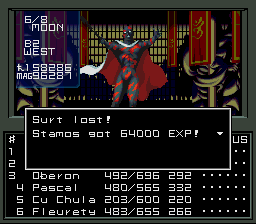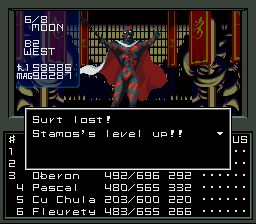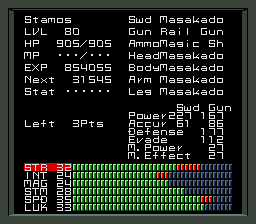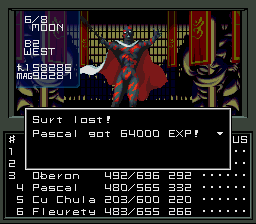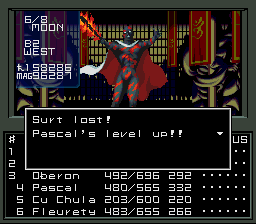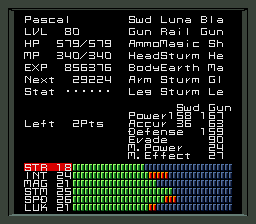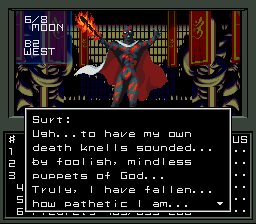

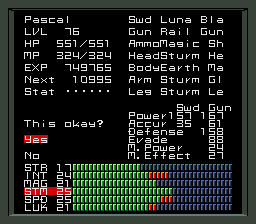
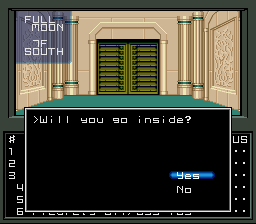
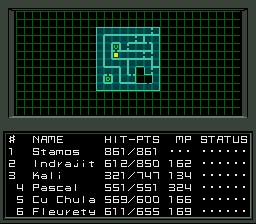
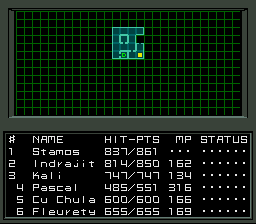
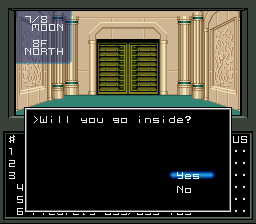
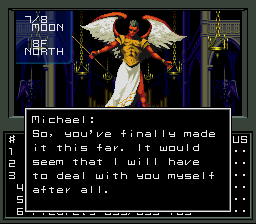
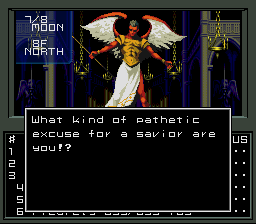
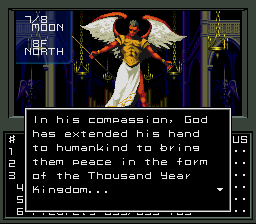
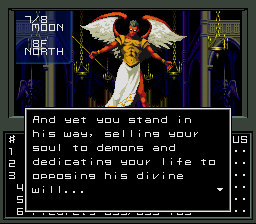
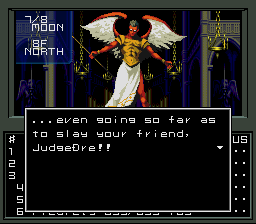
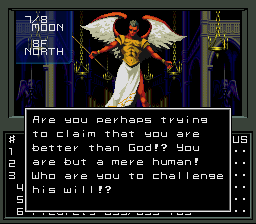
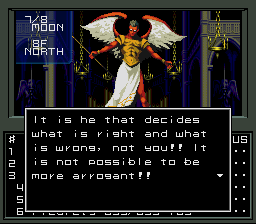
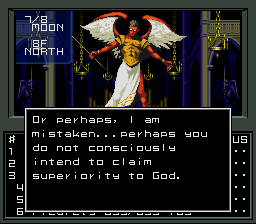
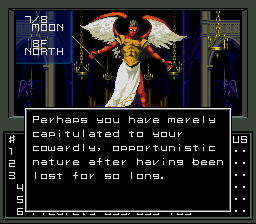
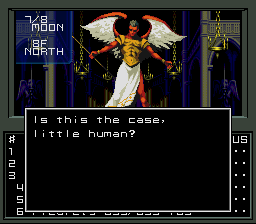
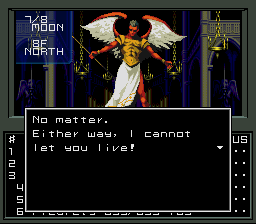
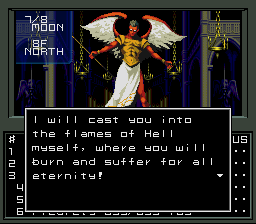
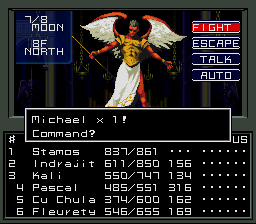
The fight was harder than most theo ther Archangel fights, requiring more than a couple turns dedicated to healing, but it was definitely easier than the fight with Gabriel. Much shorter than that one too, because Michael had stronger hits (and spells, Megidoraon/Megidolaon is NOT A GOOD THING TO RECIEVE), but when he was not enthralled he had very powerful hits that damaged the entire party.Wikipedia posted:
Michael (Hebrew: מיכאל, Micha'el or Mîkhā’ēl; Greek: Μιχαήλ, Mikhaíl; Latin: Michael or Míchaël; Arabic: ميكائيل, Mikha'il) is the archangel mentioned in the Book of Revelation 12:7; in the Old Testament Michael is mentioned by name in the Persian context of the post-Exilic Book of Daniel. He is generally presented as the field commander of the Army of God. There Michael appears as "one of the chief princes" (10:13) who in Daniel's vision comes to the angel Gabriel's aid in his contest with the angel of Persia, and is also described there as the advocate of Israel and "great prince who stands up for the children of your (Daniel's) people" (10:21, 12:1). The Talmud tradition rendered his name as meaning "who is like El (God)(but literally "El's Likeness")" (compare the late prophet Micah), but according to Rabbi Simeon ben Lakish (AD 230–270), all the specific names for the angels were brought back by the Jews from Babylon, and many modern commentators would agree. Michael is one of the principal angels in Abrahamic tradition; his name was said to have been the war-cry of the angels in the battle fought in heaven against Satan and his followers.
Much of the late Midrash detail about Michael was transmitted to Christian mythology through the Book of Enoch whence it was taken up and further elaborated. In late medieval Christianity, Michael together with St George became the patron of chivalry, and the patron of the first chivalric order of France, the Order of Saint Michael of 1469. In the British honours system, a chivalric order founded in 1818 is also named for these two saints, the Order of St Michael and St George. St Michael is also considered in many Christian circles as the patron saint of the warrior. Police officers and soldiers, particularly paratroopers, regard him as their patron saint.
Catholics refer to him as Saint Michael the Archangel and also simply as Saint Michael; here, "Saint" is a title meaning "holy", and is not meant to indicate that Michael is a saint (a human soul in heaven). Orthodox Christians refer to him as the Taxiarch Archangel Michael or simply Archangel Michael.
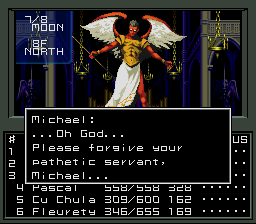
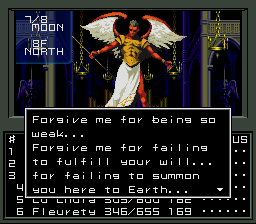
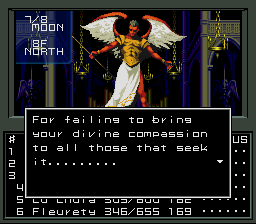
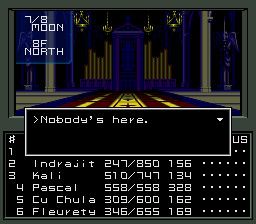
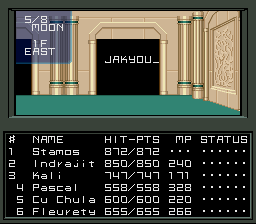
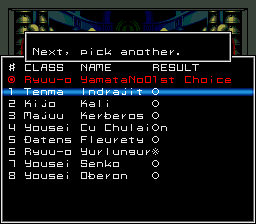
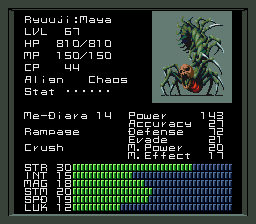
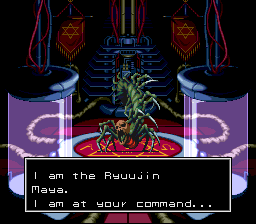
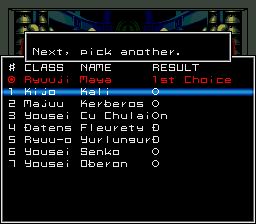
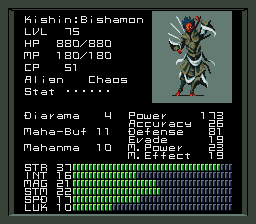
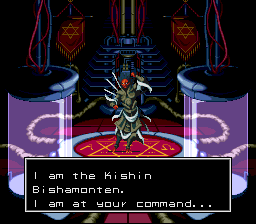
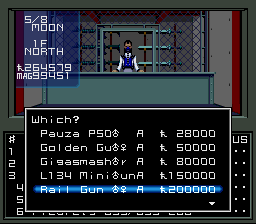
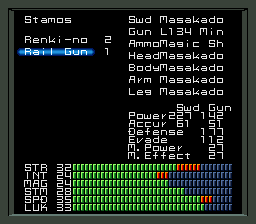
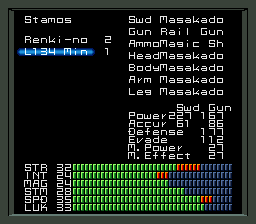
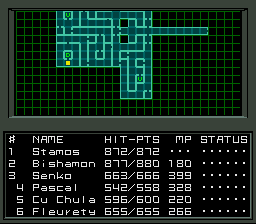
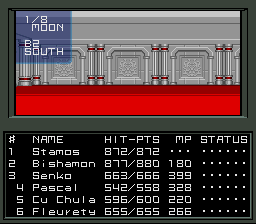
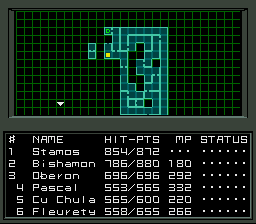
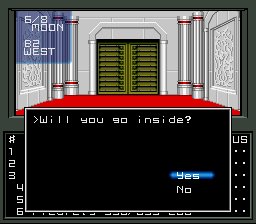
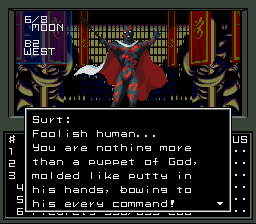
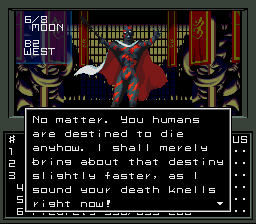
Wikipedia posted:
In Norse mythology, Surtr (modern Icelandic Surtur, sometimes Anglicized Surt) is the leader of the fire giants in the south, the ruler of Muspelheim, the realm of fire. His name means "Swart" or Black, and at the end of the world, Ragnarok, his hordes will rush north like a south wind to overwhelm the gods.
In Snorri Sturluson's Edda (1179-1241): "Surtur is the one so named who stands on Múspell's border, guarding the land. His sword is flaming and as the world ends he will go out, make war against and triumph over the gods. And he will burn the whole world with fire" (Gimlé Gylfaginning, iv). Only Hodmimir's Forest will remain, because that is the only thing his sword can not destroy. He will kill the unarmed god Freyr as well.
Surtsey is a new volcanic island that surfaced off the south coast of Iceland in 1963. Its name in Icelandic means "Surtur's Island".
In the final battle, Surtr and his Fire-Giants burst forth: "In Surtur's grasp the Sword of Revenge blazes, adding a blood red colour to the twilight of the whole world."
At the end of the gods and the world, as it is said in Völuspá:
Surtur from the south
wielding fire
The gods' swords shine in the darkness,
like stars in the night
Mountains collapse into rubble
And fiends shall fall
Man walks the road to ruin
as the sky splits in two
